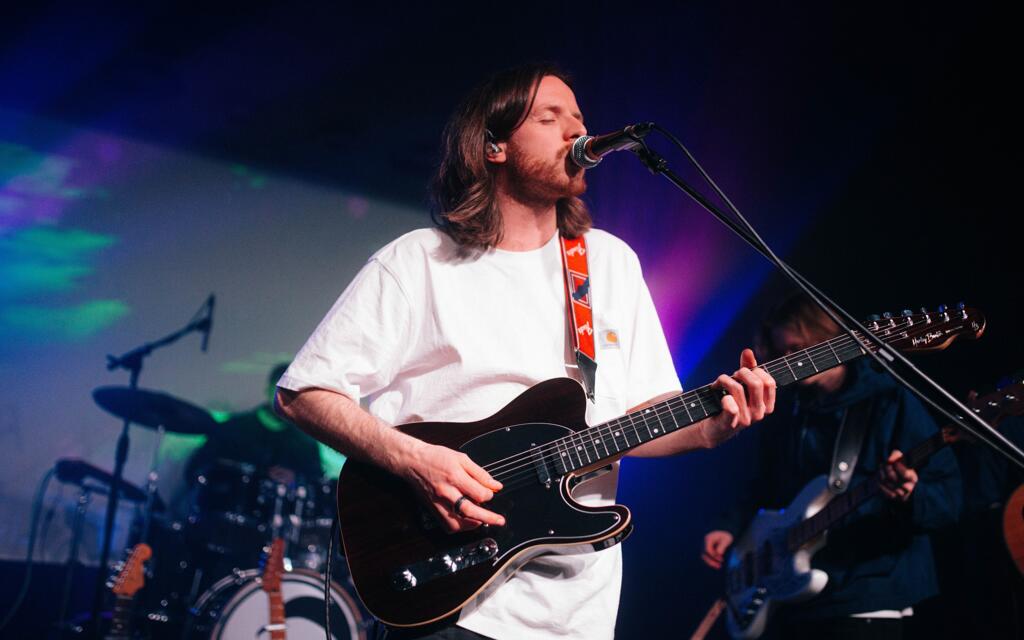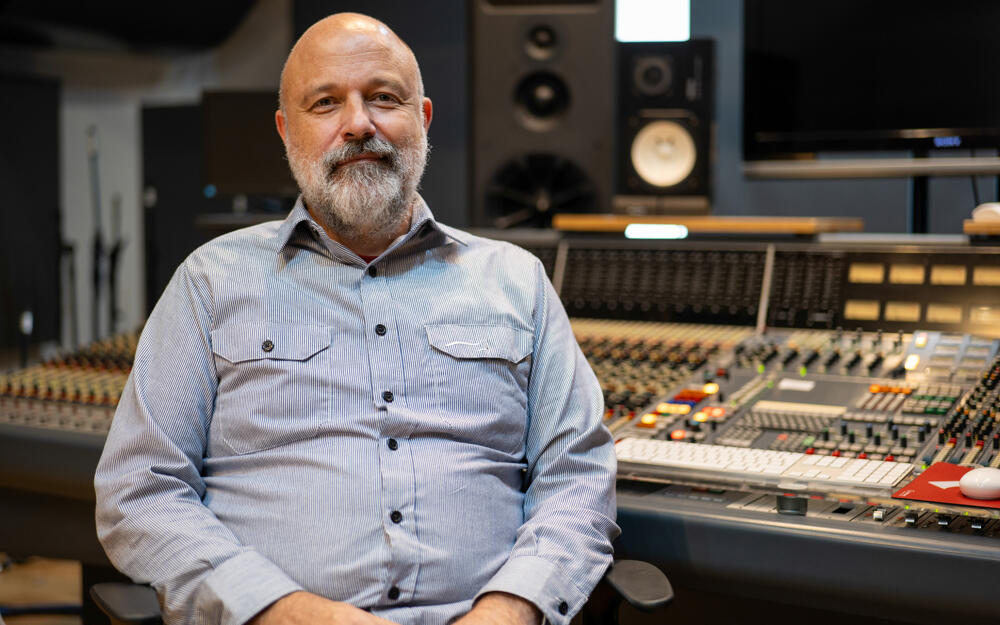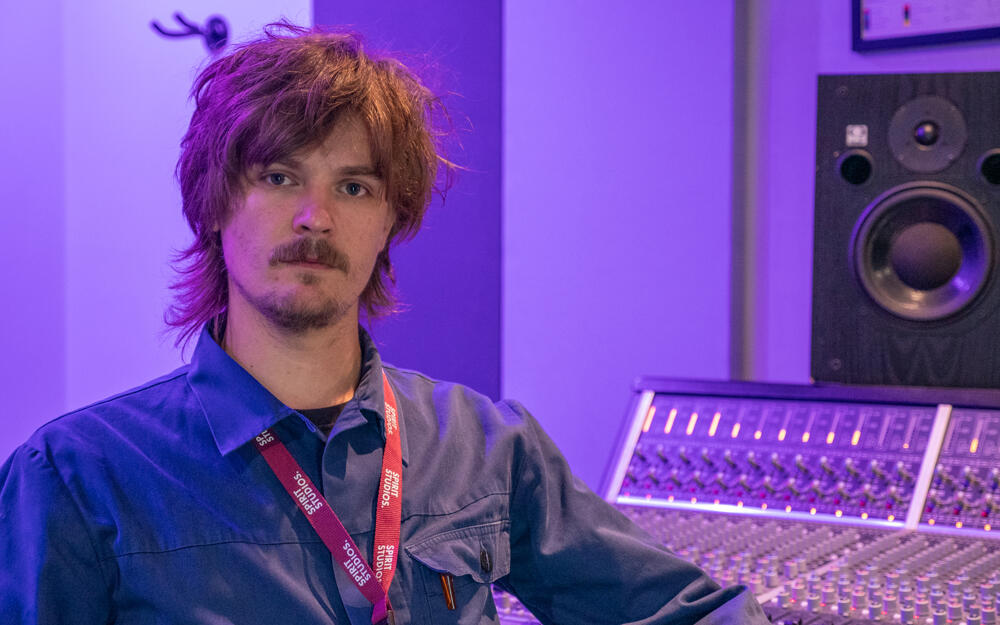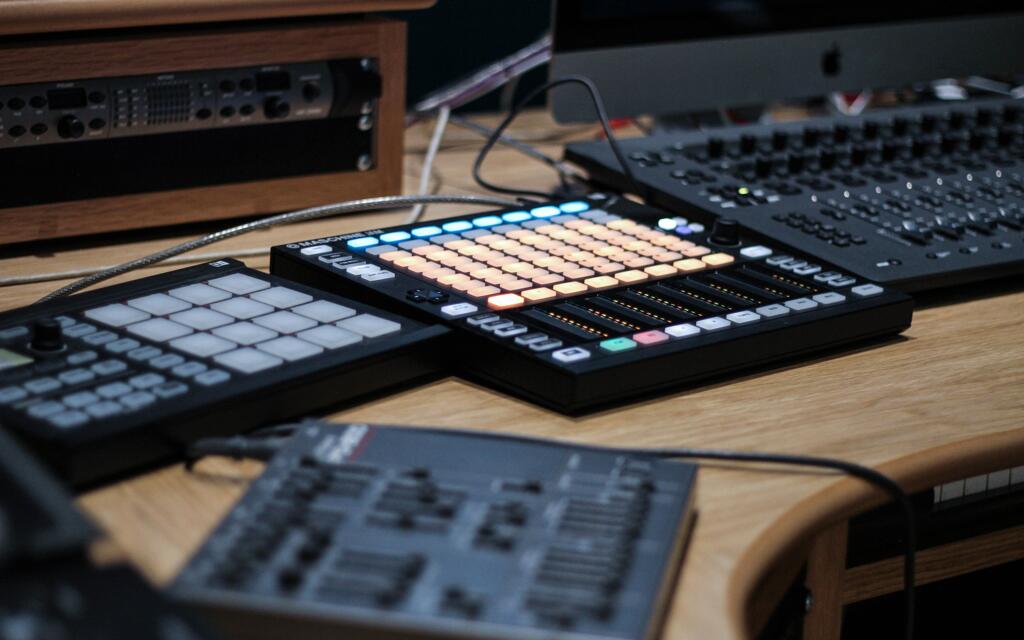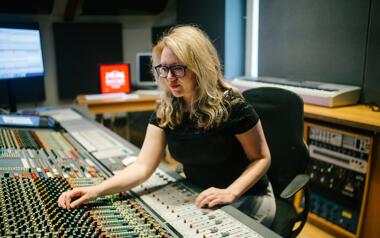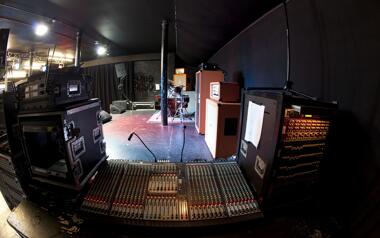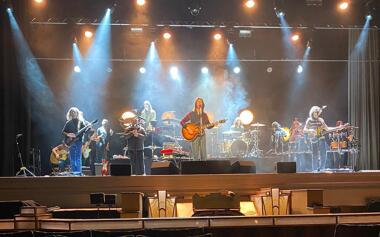This module will focus on further development of your live performance skills and ensemble arrangement techniques to create an engaging live show. The classes will cover technical requirements and stagecraft concepts across different ensemble sizes and performance styles. You’ll also study effective technical planning strategies, such as call sheets, technical riders, and stage plots along with secondary assets, such as lighting, projections, and props being incorporated into your final performance.
Assessment: A practical performance and technical specification. 20 credits.
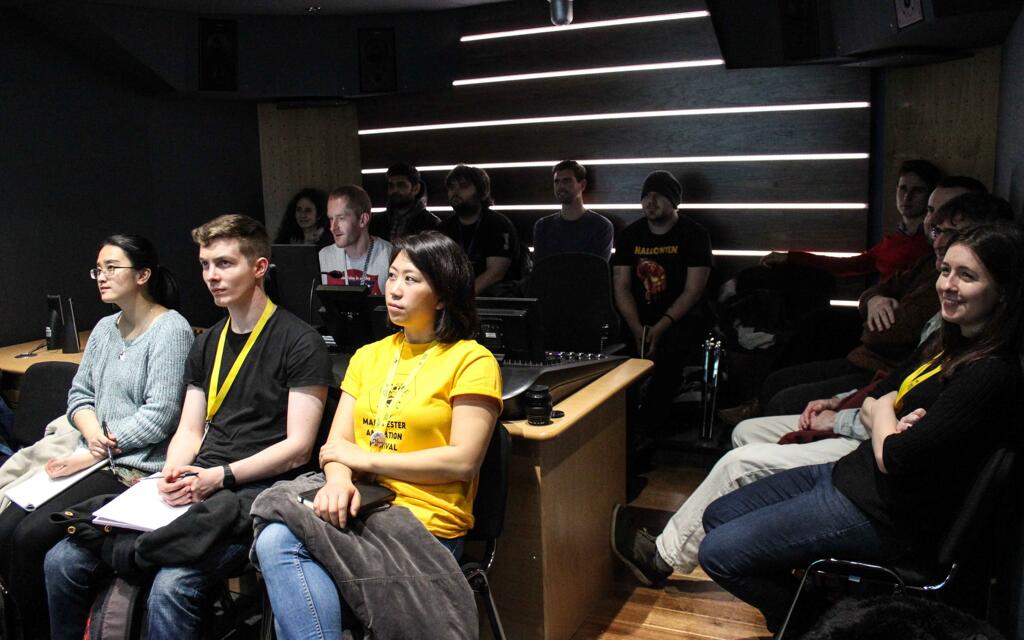 10
Jan
10
Jan
